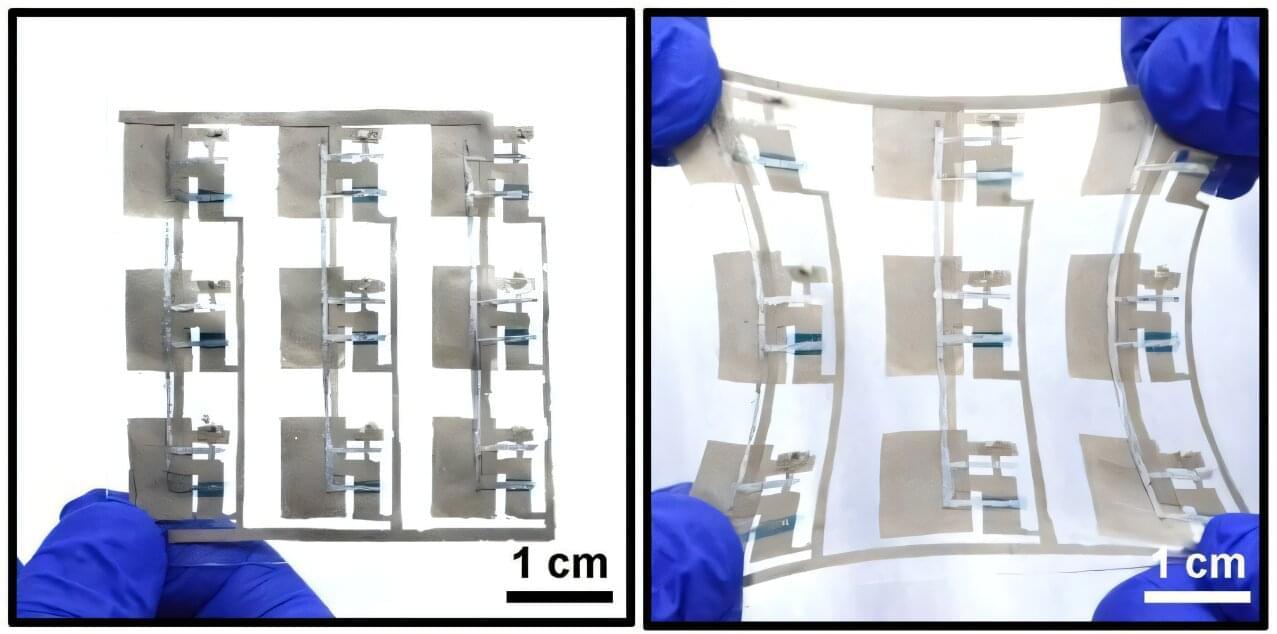Speaking multiple languages could slow down brain ageing and help to prevent cognitive decline, a study of more than 80,000 people has found.
The work, published in Nature Aging on 10 November1, suggests that people who are multilingual are half as likely to show signs of accelerated biological ageing as are those who speak just one language.
“We wanted to address one of the most persistent gaps in ageing research, which is if multilingualism can actually delay ageing,” says study co-author Agustín Ibáñez, a neuroscientist at the Adolfo Ibáñez University in Santiago, Chile. Previous research in this area has suggested that speaking multiple languages can improve cognitive functions such memory and attention2, which boosts brain health as we get older. But many of these studies rely on small sample sizes and use unreliable methods of measuring ageing, which leads to results that are inconsistent and not generalizable.
“The effects of multilingualism on ageing have always been controversial, but I don’t think there has been a study of this scale before, which seems to demonstrate them quite decisively,” says Christos Pliatsikas, a cognitive neuroscientist at the University of Reading, UK. The paper’s results could “bring a step change to the field”, he adds.
They might also “encourage people to go out and try to learn a second language, or keep that second language active”, says Susan Teubner-Rhodes, a cognitive psychologist at Auburn University in Alabama.









